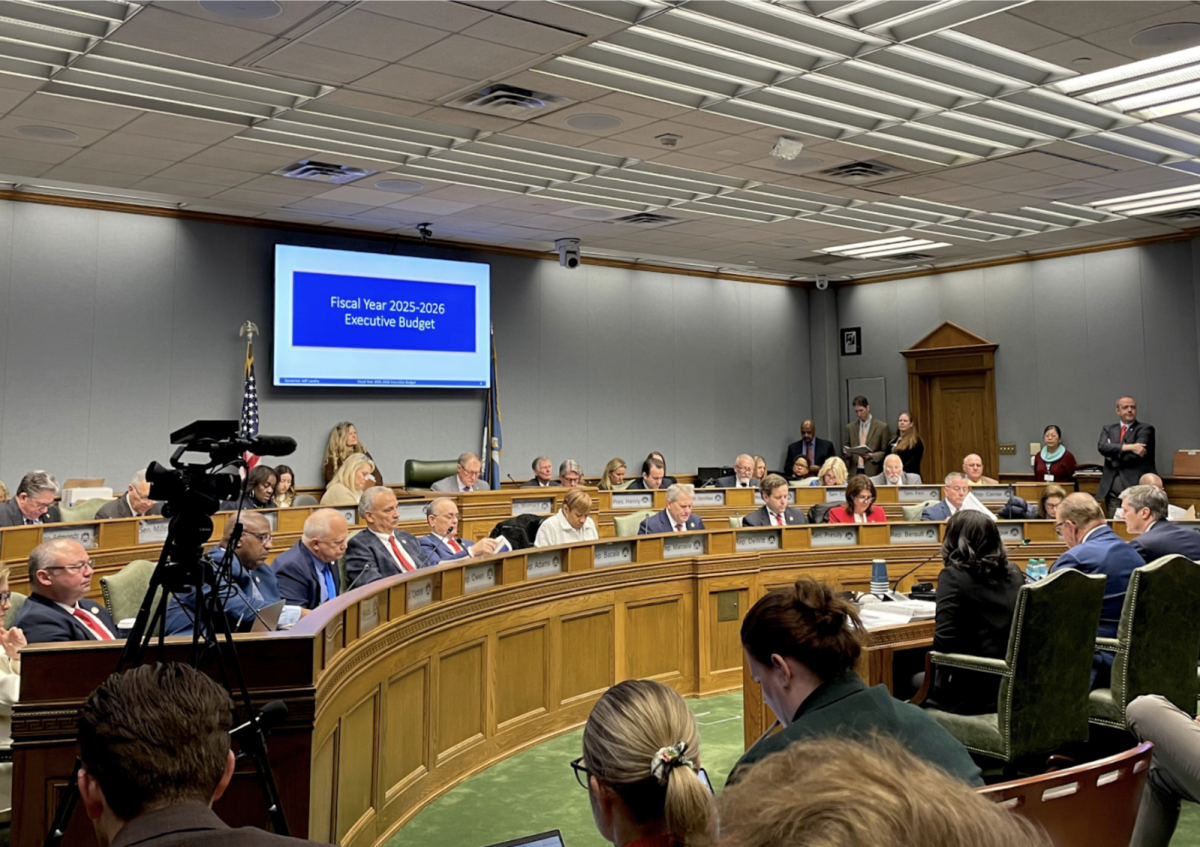After getting advice from the Department of Wildlife and Fisheries, a Louisiana lawmaker says he is considering dropping his proposal to allow monkeys to be used as service animals for people with disabilities.
Rep. Jack Montoucet, D-Crowley, authored the bill that would amend current law restricting private ownership of boa constrictors longer than 12 feet, venomous snakes and primates to allow ownership of trained monkeys by disabled citizens.
“There are some problems with the bill. Wildlife and Fisheries is telling me monkeys become mean and attack the owners in some cases,” Montoucet said. “So I may be pulling the legislation.”
A similar effort to legalize service monkeys appeared in the Kentucky legislature in 2014, but failed as a result of advocacy groups warning of the health risks and inhumane treatment of “trained” monkeys.
April D. Truitt, co-founder and executive director of the Primate Rescue Center in Kentucky, opposed the service monkey legislation in Kentucky. She said it would be “wonderful” if Montoucet dropped his bill in Louisiana.
The bill would not be considered until after the start of the regular legislative session in mid-March.
“The intentions of people who are in favor of using monkeys as assistance animals are honorable, but misguided,” Truitt said. “Wild animals are never suitable as companion animals. Having a wild animal in your home present a significant public health and safety risk, not only for the quadriplegic, but for the animal and the public at large.”
Truitt and other animal rights activists accuse Helping Hands, the only monkey training organization in the United States, of using cruel techniques to train the capuchin monkeys. Most notably, Truitt said the monkeys must undergo painful “total dental extraction” as a result of monkeys previously biting owners.
Although the Americans with Disabilities Act allows service animals in public areas such as grocery stores, hotels or restaurants, Megan Talbert, the executive director of Helping Hands who encouraged Montoucet to draft his bill, said the non-profit organization’s contract agreement prohibits those with service monkeys to bring the primates into the public.
Talbert explained the monkeys undergo dental extraction, not because the animals are mean but because there is no rabies vaccine for capuchin monkeys.
“We encouraged a much more narrow language in Montoucet’s legislation so that it could not be misunderstood, but it was not used,” Talbert said. “We certainly are trying to encourage him to not drop this bill, but narrow the language in the legislation.”
“Wild animals are never suitable as companion animals,” counters Truitt. “Monkeys simply are not domesticated animals. They cannot be made so in one generation or 20.”









